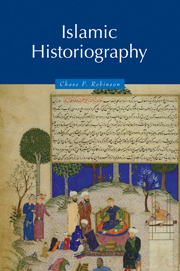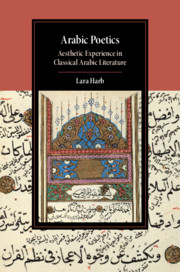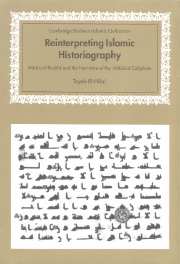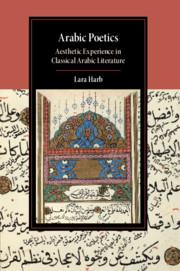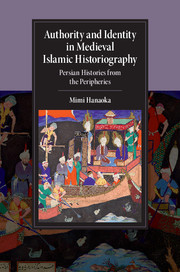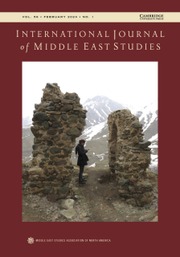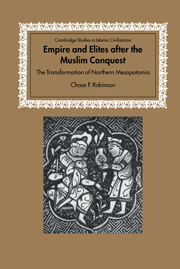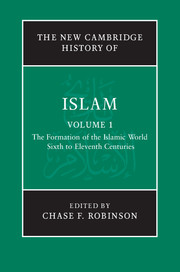Islamic Historiography
How did Muslims of the classical Islamic period understand their past? What value did they attach to history? How did they write history? How did historiography fare relative to other kinds of Arabic literature? These and other questions are answered in Chase F. Robinson's Islamic Historiography, an introduction to the principal genres, issues, and problems of Islamic historical writing in Arabic, that stresses the social and political functions of historical writing in the Islamic world. Beginning with the origins of the tradition in the eighth and ninth centuries and covering its development until the beginning of the sixteenth century, this is an authoritative and yet accessible guide through a complex and forbidding field, which is intended for readers with little or no background in Islamic history or Arabic.
- A short, accessible introduction to Islamic historiography
- No comparable titles
- A guide-to-the-perplexed, which will interpret the field to those with little or no knowledge of it
Reviews & endorsements
"...a welcome addition to the vexed field of Islamic historiography. It provides a solid introduction for the new student and both refreshes and often offers innovative theories for the seasoned scholar." Folklore Bulletin
"...provides an excellent thematic overview, while, at the same time, introducing the reader to some of the Islamic world's most fascinating histories and historians." The American Journal of Islamic Social Sciences
"...provides an approachable study of one of the world's least-studied intellectual traditions...Essential. All academic collections." Choice
Product details
December 2002Paperback
9780521629362
264 pages
234 × 166 × 16 mm
0.38kg
5 b/w illus. 3 maps
Available
Table of Contents
- List of plates
- List of maps
- Acknowledgements
- Abbreviations
- Glossary
- Chronology I: the historians of the formative period
- Chronology II: the historians of the classical period
- Preface
- Part I. Origins and Categories:
- 1. Origins
- 2. The emergence of genre
- 3. Consequences and models
- 4. Three categories: biography, prosopography, chronography
- Part II. Contexts:
- 5. Historiography and traditionalism
- 6. Historiography and society
- 7. God and models of history
- 8. Historians and the truth
- Part III. How Historians Worked:
- 9. Vocations and professions
- 10. Writing history
- Conclusion
- Suggestions for further reading
- Bibliography
- Index.

